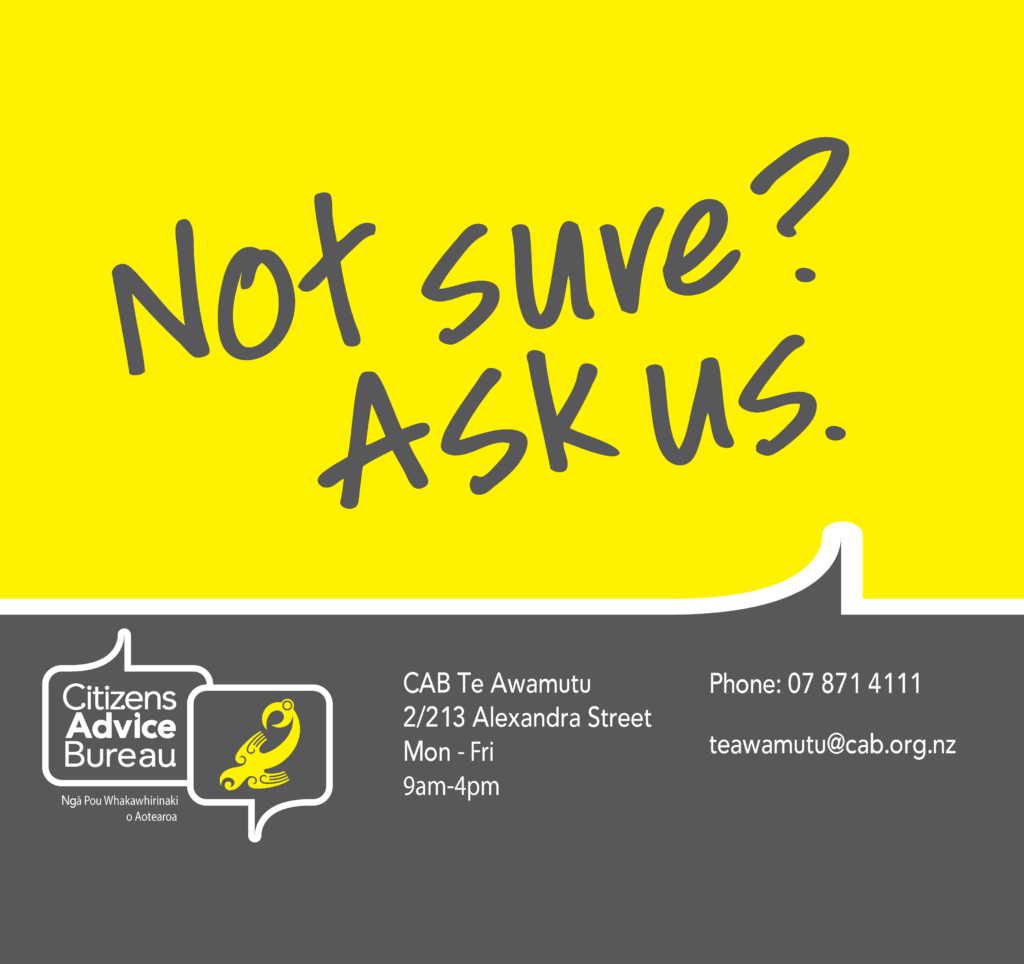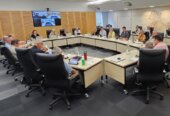School librarians say they’re the answer to a declining nationwide literacy rate.
Former School Library Association of New Zealand president Glenys Bichan, who is library manager at Cambridge High School, says nearly a quarter of school libraries had budget cuts before Covid.
Of the country’s 2500 schools, only 900 had paid librarians.

Full house: Te Awamutu College students in their school library this week. Pictured from left, with reading material were Mathew Pearce, Jacob Chetwin, Hunter Coleman, Karamea Harmon, Petra Coleman, Lachlan Thompson, Tegan Rice and Tara Morris.
Yet during the pandemic it was school libraries that helped deliver online support to families trying to navigate learning from home, she said.
Bichan and her Te Awamutu College colleague Janet Burgoyne-Thomas both say they are in the fortunate position of having flourishing school libraries and supportive principals in Greg Thornton and Tony Membery.

Glenys Bichan
And they operate in a district where council libraries in both towns are issuing record numbers with lack of space for more books and library items cited as the primary problem. In Cambridge planning is underway for a new town library.
Other Waipā primary school libraries are less fortunate and across New Zealand some libraries have closed due to dwindling support or poor choices. One closed within six months of a new principal being appointed, another put one-time librarian funding into a new lawnmower.
A call to ring fence libraries, provide equitable access and appropriate funding has been supported by Waipā journalist Lisette Reymer, who has been reporting for Newshub in Ukraine.
“I read every day for work, it’s obviously a critical part of research and I am a news junkie so am constantly reading articles,” she said.
Global research supports a link between well-run school libraries and literacy rates, said Bichan.
“At least a third of the emails I received during my presidency said library spaces had been turned into classrooms, and in just the last quarter of 2021, I received 56 emails from schools stating their libraries were at risk,” she said.
“They were either losing budget, losing funded librarian hours, or their library spaces.”
A new report from The Education Hub think-tank, Now I don’t know my ABC – the perilous state of literacy in Aotearoa New Zealand, released this week drew on multiple studies to paint a stark picture of the crisis in reading and writing.
Nearly one in five 15-year-olds were not meeting the lowest benchmark for reading, and a further 20 percent were only achieving at the most basic level.
Most of the data used was pre Covid meaning two years of disrupted learning made the current situation even worse, said Bichan.
Burgoyne-Thomas said the Te Awamutu College library had never experienced budget cuts.
“It helps to have an English teacher as a principal,” she said.
“I am able to listen to the students’ voice and have a budget that enables me to continue services.
“The students frequently come and ask about securing the next books in series they have read.
“And you bet I get them.”
The college library has 17,000 books and magazines and a dozen study tables, 16 computers and 15 laptops. It is a hub where 100 students regularly gather.
“I am able to listen to the students’ voice.”
Burgoyne-Thomas says when that environment is removed, there is a corresponding drop in literacy rates. Young people who read enjoy benefits in other areas of their education and lives, she said.
Bichan said the School Library Association of New Zealand was working with the New Zealand Libraries Partnership Programme, a government-led initiative launched in May 2020 to support Covid recovery work across the country’s library system.
The aim is to work with local authorities, schools, non-Government organisations and other groups to support libraries and secure staffing into the future.
Part of the initiative is Communities of Learning, or Kāhui Ako, a group of education providers established to nurture school libraries.
Leading that project locally is Cambridge East School librarian/inquiry broker, Kirsty Wyndham, who said the aim of having a Kāhui Ako librarian here was to showcase the value of school libraries and librarians.
“When my principal [Hamish Fenemor] started at the school, he had a vision for the library and librarian, and that was to bring it into the 21st century and use it differently,” she said.
“It is not just about issuing and returning books. My title changed to ‘librarian/inquiry broker’ … combining traditional duties with new ways of sourcing information and supporting our inquiry process.”
Wyndham works full time and does 26 weekly workshops covering information literacy skills, plus two digital literacy workshops. She also attends inquiry planning staff meetings, sources guest speakers and does field trips.
“It’s also about taking the library into the classroom when needed. Showcasing this to other teachers in Kāhui Ako will hopefully show how important their school library is, and how a full-time librarian can impact student learning.”
Another initiative at Cambridge High School this year will see the library work with students in a pilot project aimed at familiarising them with the spectre of ‘fake news’.
Bichan is also involved in the School Libraries Transform Campaign, aimed at pushing for school library funding to be ‘ring-fenced’ rather than reliant on schools’ operational funds.
“That would mean funds and dedicated library spaces would be secure. The campaign has received much attention – school libraries have a strong voice. We must focus on making that happen.”









